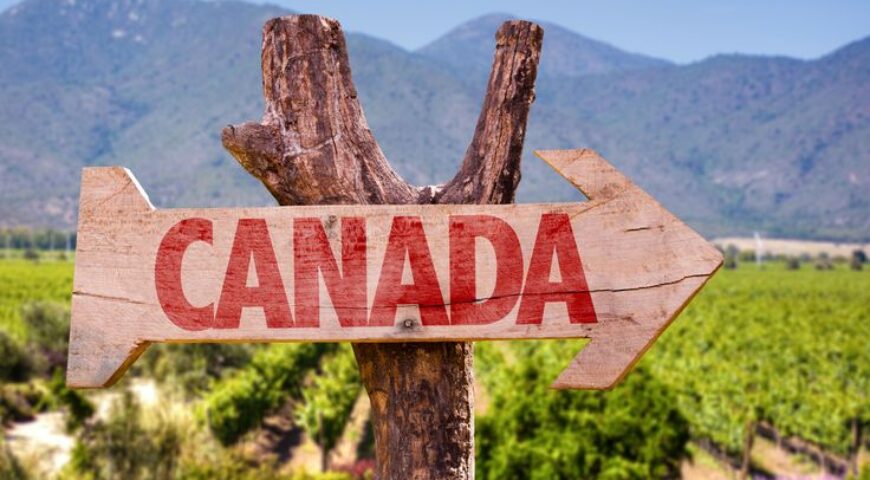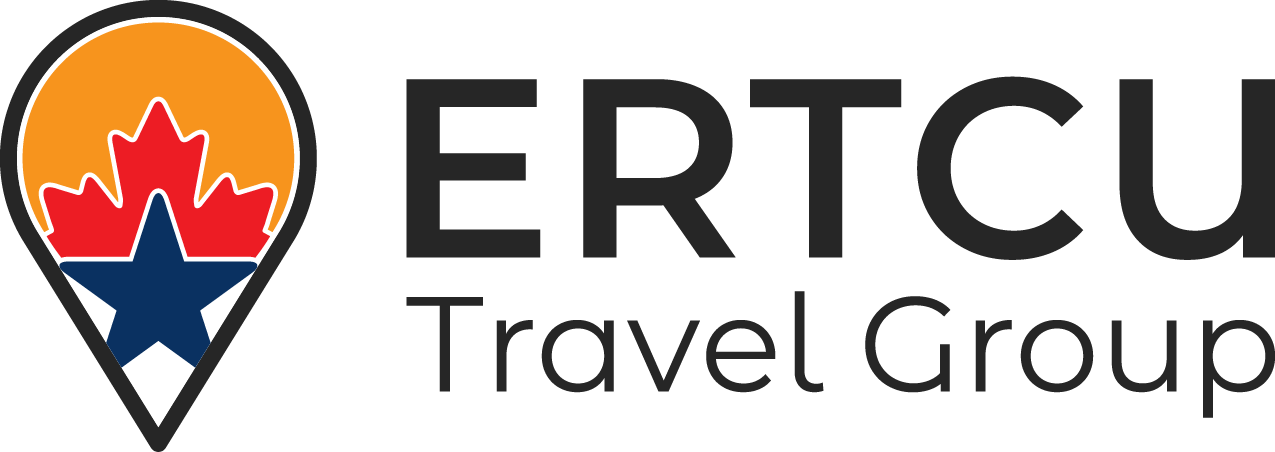
Government of Canada lightens border measures as part of transition of the pandemic response
News release
February 15, 2022 Ottawa, ON Public Health Agency of Canada
Recent data indicates that the latest wave of COVID-19 driven by the Omicron variant has passed its peak in Canada. As provinces and territories adjust their public health measures, and as we transition away from the crisis phase, it is now time to move towards a more sustainable approach to long-term management of COVID-19.
This transition is possible because of a number of factors, including Canada’s high vaccination rates, the increasing availability and use of rapid tests to detect infection, decreasing hospitalization rates and growing domestic availability of therapeutics and treatments.
Today, the Government of Canada announced a series of adjustments to the current border measures, representing the beginning of a phased easing of travel restrictions. The ability of the country to transition to a new phase at the border is a result of the actions of tens of millions of Canadians across the country who followed public health measures, including getting themselves and their families vaccinated.
As of February 28, 2022 at 12:01 a.m. EST:
- We will be easing the on-arrival testing for fully-vaccinated travellers. This means that travellers arriving to Canada from any country, who qualify as fully vaccinated, will be randomly selected for arrival testing. Travellers selected will also no longer be required to quarantine while awaiting their test result.
- Children under 12 years old, travelling with fully vaccinated adults, will continue to be exempt from quarantine, without any prescribed conditions limiting their activities. This means, for example, they no longer need to wait 14 days before attending school, camp or daycare.
- Unvaccinated travellers will continue to be required to test on arrival, on Day 8 and quarantine for 14 days. Unvaccinated foreign nationals will not be permitted to enter Canada unless they meet one of the few exemptions.
- Travellers will now have the option of using a COVID-19 rapid antigen test result (taken the day prior to their scheduled flight or arrival at the land border or marine port of entry) or a molecular test result (taken no more than 72 hours before their scheduled flight or arrival at the land border or marine port of entry) to meet pre-entry requirements. Taking a rapid antigen test at home is not sufficient to meet the pre-entry requirement – it must be authorized by the country in which it was purchased and must be administered by a laboratory, healthcare entity or telehealth service.
- The Government of Canada will adjust its Travel Health Notice from a Level 3 to a Level 2. This means that the Government will no longer recommend that Canadians avoid travel for non-essential purposes.
- Travellers should understand the risks that are still associated with international travel given the high incidence of Omicron, and take necessary precautions.
- On February 28, 2022 at 16:00 EST, Transport Canada’s Notice to Airmen (NOTAM) that restricts where international passenger flights can arrive in Canada will expire. This means that international flights carrying passengers will be permitted to land at all remaining Canadian airports that are designated by the Canada Border Services Agency to receive international passenger flights.
Quotes
“For two years now, our government’s actions in the fight against COVID-19 have been based on prudence and science. Today’s announcements are a reflection of the progress we have made against this current Omicron variant. The return to mandatory random testing of all vaccinated travellers will facilitate travel for Canadians all while helping our public health authorities to detect future changes in COVID-19 importation rates and variants of concern. As we have said all along, Canada’s border measures will remain flexible and adaptable, for potential future scenarios.”
The Honourable Jean-Yves Duclos
Minister of Health
“The measures we are announcing today are possible in part because Canadians have stepped up, rolled up their sleeves and gotten vaccinated. These measures will allow vaccinated Canadians to once again reunite with family and friends and reap the economic benefit that travel provides. We will continue to evaluate our measures and will not hesitate to make necessary adjustments to keep Canadians and our transportation system safe.”
The Honourable Omar Alghabra
Minister of Transport
“The health and safety of Canadians is our government’s top priority. Since the onset of this pandemic, we have taken practical and necessary steps to stop the spread of COVID-19 – and as the situation evolves, so does our response. I especially want to thank Canada Border Services Agency employees for their tireless work over the past two years. We always take action to secure our borders and protect our communities, because that’s what Canadians expect.”
The Honourable Marco E. L. Mendicino
Minister of Public Safety
“We are committed to a safe reopening; one that provides predictability, flexibility and shows the world that Canada is one of the safest places to travel. Travel is safe and will continue to be safe in Canada. Thank you to the tourism industry that has been a leader around the world in ensuring the safety of travellers while weathering one of the most challenging economic crisis. Let me be clear that the Canadian economy will not fully recover until our tourism sector recovers and today’s measures will help us safely welcome visitors to Canada.”
The Honourable Randy Boissonnault
Minister of Tourism and Associate Minister of Finance
Quick Facts
- Travellers should check if they are eligible to enter Canada and meet all entry requirements before heading to the border. In addition, some provinces and territories may have their own entry restrictions in place. Check and follow both the federal and any provincial or territorial restrictions and requirements before travelling to Canada.
- All travellers, regardless of how long they were away from Canada, continue to be required to submit their mandatory information via ArriveCAN (free mobile app or website), including proof of vaccination in English or French and a quarantine plan prior to arriving in Canada.
- To prove a previous COVID-19 infection, the Government of Canada will continue to only accept molecular test results, taken at least 10 calendar days and no more than 180 calendar days before entering Canada.
- In considering whether to travel, travellers should consider the availability of medical services in a foreign country, and plan for the potential high costs associated with medical treatment and extending their trip, should they test positive for COVID-19 while abroad. Travellers should also understand that there is a continued risk that border and travel measures in other countries, as well as in Canada, may change while they are abroad and should regularly review the entry requirements and exemptions for their travel situation.
- Canadians can continue do their part to reduce the spread of COVID-19 by getting vaccinated and boosted, using masks where appropriate, self-isolating if they have symptoms and self-testing if they can.
Associated Links
